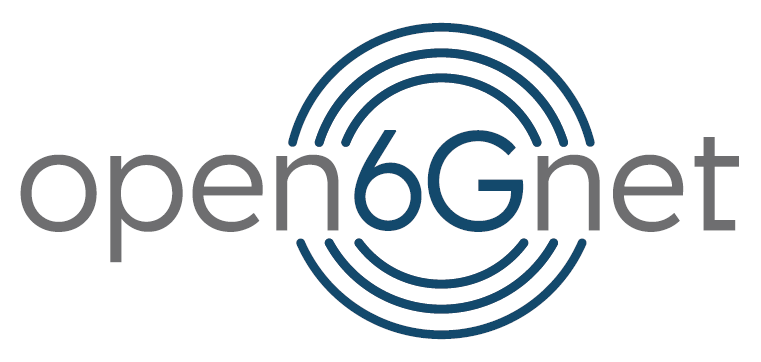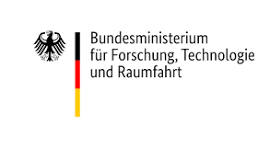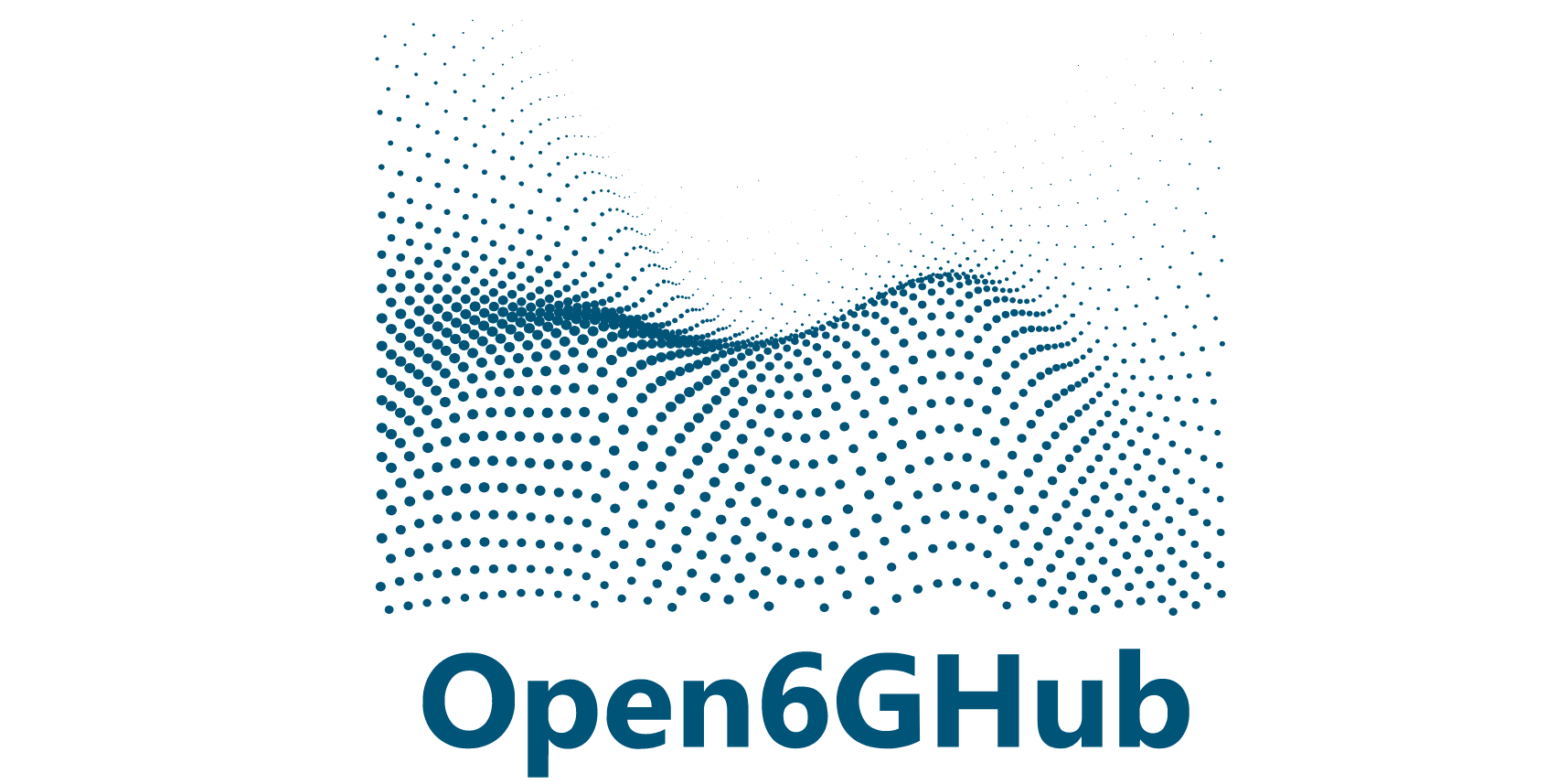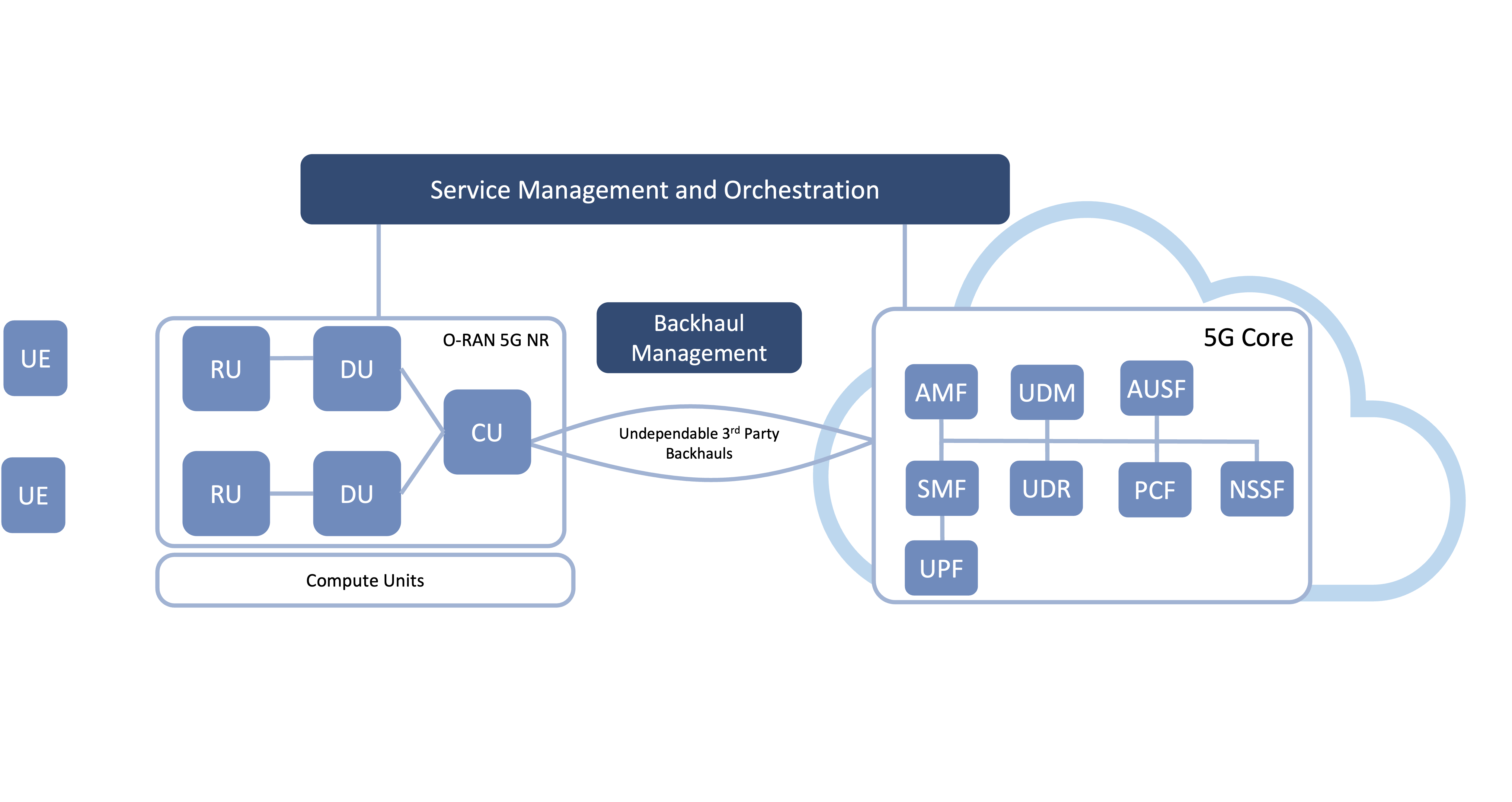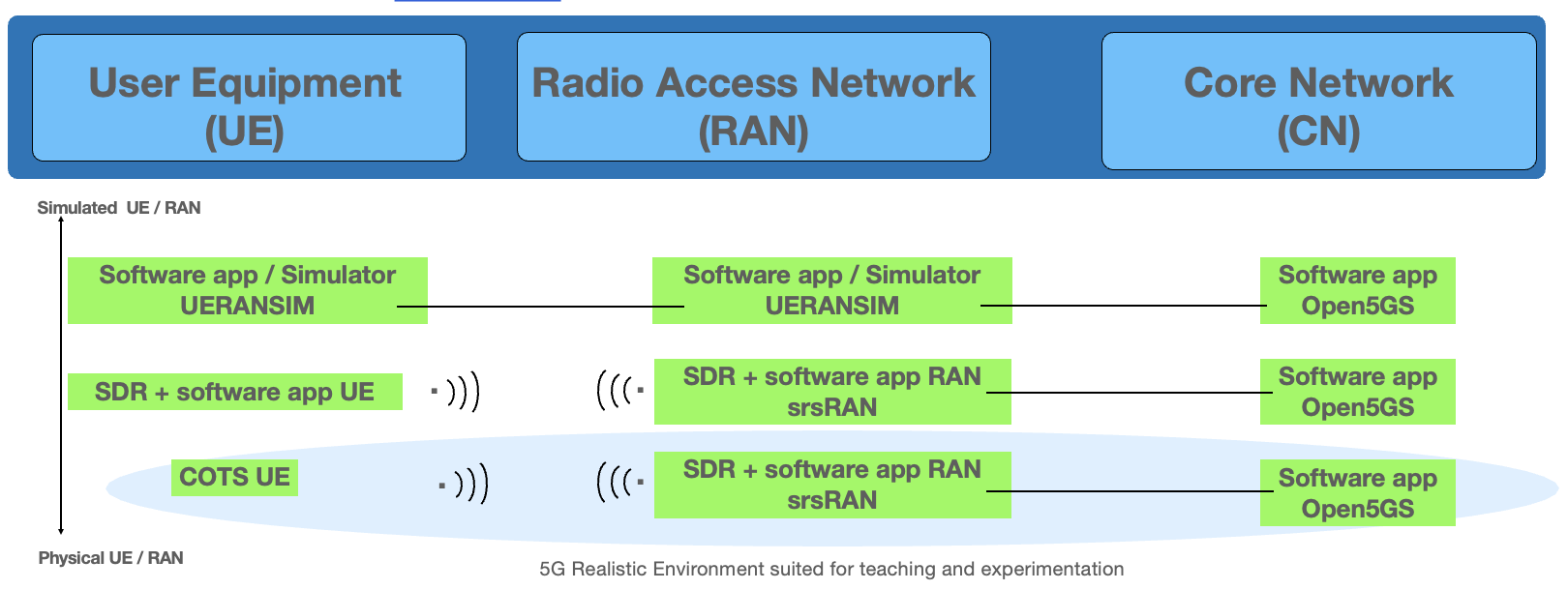Open6GNet IEEE Workshop – June 23-27, 2025 – BUDAPEST, Hungary
Open Source 6G Networks for Connecting the Unconnected
Open6GNet focuses on connecting the unconnected, as outlined in the IMT-2030 vision, by leveraging accessible, low-cost, open-source technologies and commercial off-the-shelf (COTS) hardware. The aim is to enable ecosystem players from academia and industry to create self-sovereign, customized end-to-end networks for diverse application domains. These networks will be based on a rapidly growing suite of open, modular 5G and 6G components and related toolkits
Open6GNet Workshop – May 14, 2025 – Berlin, Germany
Towards 6G: Open Source Mobile Networks Technologies – Demos and Showcases
The event aims to offer a place for academic and industry professionals to meet, discuss ideas and show demos or showcases of their products or services for mobile networks in the pursuit of 6G advancement. Using open source components is strongly recommended. The students are more than welcome to participate and get in touch with cutting-edge 5G technology and exploration of possible paths towards 6G.
Conference – April 17, 2024 – Berlin, Germany
Open Source Mobile Network Technologies
This event invites you to connect with the developers and technical leaders of various open source projects, hear about implementation challenges and how they were overcome. Furthermore, you can learn about experiences of using open source components on public or private mobile networks.
RESEARCH
Engineering 6G with practical implementations
We continuously identify and integrate best of bread open source software toolkits and combine these with own developments in order provide researchers with a practical platform and related tools to perform research on the emerging 6G architectural functions, their practical splits and orchestrations within the edge – cloud continuum, and the related networking protocol stacks.

